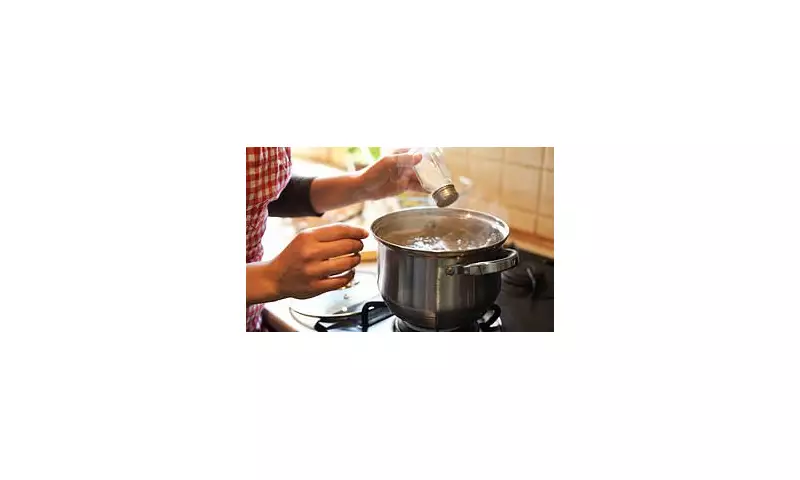
For generations, home cooks have been following the same golden rule when cooking pasta: add salt to boiling water. But according to shocking new scientific research, most of us have been getting it completely wrong - and it's affecting everything from flavour to texture.
The Scientific Breakthrough That Changes Everything
Researchers from the University of Nottingham and Reading have discovered that the timing of when you add salt to your pasta water makes a dramatic difference to the final dish. Their findings, published in the prestigious journal Food Science Today, reveal that adding salt at the wrong moment can result in unevenly seasoned pasta that's either too bland or unpleasantly salty.
Why Your Current Method Isn't Working
Most people make the critical error of adding salt to cold water before it boils. The scientists explain that salt dissolves differently at various temperatures, and adding it too early creates what they call "seasoning pockets" - concentrated areas of saltiness that fail to distribute evenly throughout the pasta.
The perfect moment to salt your water is precisely when it reaches a rolling boil, just before adding the pasta. This allows the salt to dissolve completely and creates an even seasoning environment that penetrates the pasta more effectively during cooking.
The Three-Step Method for Perfect Pasta Every Time
- Wait for the boil: Bring unsalted water to a vigorous, rolling boil
- Season at the peak: Add 1-2 teaspoons of coarse sea salt per litre of water
- Immediately add pasta: Stir briefly to ensure even distribution before adding your pasta
The Chemistry Behind Perfect Pasta
Dr Eleanor Matthews, lead researcher on the project, explains: "When salt is added to boiling water, it creates an osmotic pressure that actually helps the seasoning penetrate the pasta more effectively. This results in pasta that's seasoned from the inside out, rather than just having salt on the surface."
The research team conducted blind taste tests with professional chefs and home cooks, and the results were overwhelming. Pasta cooked using their recommended method was consistently rated as better seasoned, with improved texture and more balanced flavour.
Common Pasta Cooking Mistakes to Avoid
- Adding salt to cold water (creates uneven seasoning)
- Using insufficient water (pasta needs room to move)
- Adding oil to the water (prevents sauce from sticking)
- Overcooking (results in mushy texture)
- Not tasting before serving (the ultimate sin)
This groundbreaking research doesn't just apply to pasta - the same principles work for cooking rice, potatoes, and other grains. The timing of when you add salt can transform your cooking from mediocre to magnificent.
So next time you're preparing that family favourite spaghetti carbonara or classic linguine, remember: timing is everything. Your taste buds will thank you for getting the science right.





